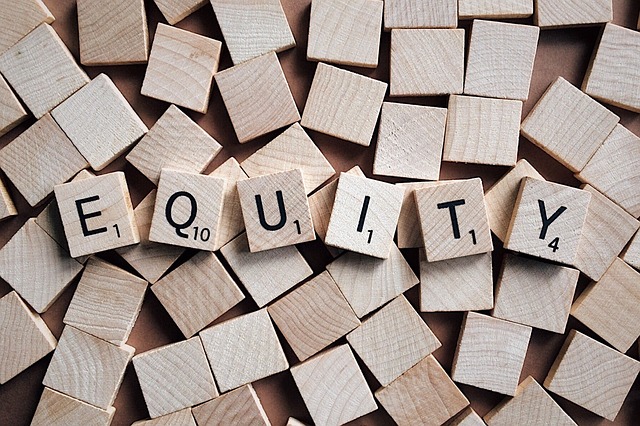Getting A Lower Interest Rate During A Refinance
 There are a lot of people who have spotted the record-low mortgage rates right now and are wondering if they can refinance successfully. While many people apply for a refinance of their current home loan, not everyone will be approved. Furthermore, a home refinance is not the best option for everyone. Those who want to qualify for record-low refinance rates need to keep a few key points in mind.
There are a lot of people who have spotted the record-low mortgage rates right now and are wondering if they can refinance successfully. While many people apply for a refinance of their current home loan, not everyone will be approved. Furthermore, a home refinance is not the best option for everyone. Those who want to qualify for record-low refinance rates need to keep a few key points in mind.
Be A Strong Refinance Candidate
First, homeowners need to make sure that it is actually worth their time to refinance to a lower home mortgage rate. In general, homeowners want to make sure they are able to save at least three-quarters of a percentage point when compared to their current home loan to make a refinance worth their while. If they cannot save this much money on their home loan, then they may end up spending more money on the refinance in closing costs.
Act Quickly
The real estate market is volatile right now. Therefore, home refinance rates are often moving targets. As a result, the interest rates that are published this week could change in the span of a few days. By the time loan packages are returned to the lender, the rates might not even be accurate anymore. Therefore, all homeowners need to be willing to act fast. Have pay stubs, bank statements, and tax returns ready to go when the lender asks for it.
Have The Money For Closing Costs
One of the most common reasons why homeowners lose out on the best interest rates is that they do not have the money ready to pay closing costs. By the time the homeowners get the money together, the refinance rate might have passed them by. Usually, closing costs fall somewhere between two percent and five percent of the total loan amount and this amount is usually due at signing.
Qualify For The Best Mortgage Rates During A Refinance
With mortgage rates falling to record lows, now is a good time for many homeowners to refinance. On the other hand, homeowners need to set themselves up to qualify for the lowest mortgage rates. Following these steps can place homeowners in a position to be successful when they apply for a refinance.

 College is expensive and everyone needs to think about how they are going to cover the costs. Some of the costs include tuition, room and board, meals, books, and spending money.
College is expensive and everyone needs to think about how they are going to cover the costs. Some of the costs include tuition, room and board, meals, books, and spending money. Sometimes, things don’t go as planned. Despite the best intentions, there are times when it’s impossible for homeowners to fulfill their mortgage obligations. When your misfortune turns into a foreclosure notice, these tips will help you control the situation and realize the best outcome.
Sometimes, things don’t go as planned. Despite the best intentions, there are times when it’s impossible for homeowners to fulfill their mortgage obligations. When your misfortune turns into a foreclosure notice, these tips will help you control the situation and realize the best outcome. For many Americans, their home is their primary investment. The equity stored in your residence can be a source of available cash for home repairs, upgrades, or for financing the purchase of investment properties. However, few homeowners really understand the process that results in home equity.
For many Americans, their home is their primary investment. The equity stored in your residence can be a source of available cash for home repairs, upgrades, or for financing the purchase of investment properties. However, few homeowners really understand the process that results in home equity.